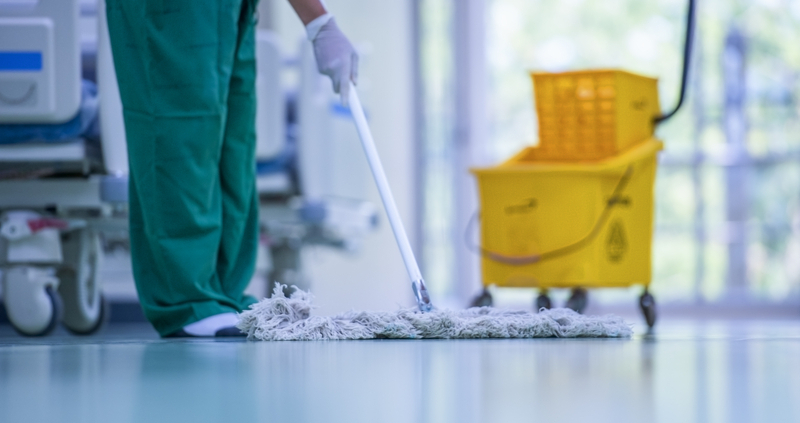Communicable Diseases & Examples of How to Prevent Spread
In this post we’ll discuss some of the most common communicable diseases in the UK, with some examples of how patients and practitioners can help prevent their spread.
What is a Communicable Disease?
A communicable disease is any disease that can be passed from person to person, or from an animal to a person. They are disorders caused by organisms including viruses, bacteria, fungi, or parasites. People might also refer to communicable diseases as infectious diseases, or transmissible diseases.
What is a Non-Communicable Disease?
A non-communicable disease is a condition that cannot be passed from one person to another, or from an animal to a person. Examples include asthma, diabetes, and high blood pressure.
Common Communicable Diseases in the UK
- Colds, flus, and Coronavirus
- Norovirus
- Sexually transmitted infections, including gonorrhoea, chlamydia, HIV and AIDS.
- coli and salmonella
- Hepatitis
- Measles
How Do Communicable Diseases Spread?
Most communicable diseases spread via direct contact with a person or animal carrying the infection. Coughs, sneezes, kisses, touches, and sexual contact can spread viruses and bacteria from person to person. Communicable diseases can also spread from animals to humans through bites or scratches, or through handling animal waste.
Diseases can also spread via indirect contact. Viruses and bacteria can linger for hours, or even days, on inanimate objects such as doorknobs or toilet seats.
Finally, contaminated food and water can also spread communicable diseases. You can contract E. coli bacteria from eating undercooked meat, for example.
How to Prevent The Spread of Communicable Diseases
We all have a part to play in preventing the spread of communicable diseases.
Here are some steps that everyone can take to stop the spread of many common infectious diseases:
- Get vaccinated. Vaccinations are available for most of the common infectious diseases. If you’re particularly at risk of certain infections, talk to your doctor about recommended vaccinations for you. For example, elderly people and other at risk groups can choose to take the annual flu vaccine to drastically reduce their chance of catching and spreading an infection.
- Wash your hands. Develop good hand hygiene habits. It’s particularly important to wash your hands before and after preparing or eating food, and after using the toilet.
- Practice cough and sneeze etiquette. Catch it, bin it, kill it. If you need to cough or sneeze, do so into a handkerchief, and immediately dispose of it afterwards. If you don’t have a handkerchief, cover your mouth or nose with your hands or elbow, then immediately wash your hands afterwards.
- Stay home when you’re unwell. If you experience any of the common symptoms of communicable diseases, including coughs, sneezes, fever, nausea, diarrhoea, and skin rashes, then stay at home. Don’t go to work or school until your symptoms have cleared.
Preventing The Spread of Communicable Diseases in Hospitals and Healthcare Settings
Hospitals and healthcare settings must follow the standard infection control precautions (SICPs) to prevent the spread of communicable diseases.
These include:
- Patient infection risk assessments, and isolating patients with a high risk of cross-infection.
- Good hand hygiene – following a specific hand-washing technique to ensure as thorough a clean as possible.
- Use of personal protective equipment (PPE), with separate procedures for what PPE to use and when.
- Safe management of care equipment and care environment, including thorough cleaning, disinfection and sterilization procedures.
Read our full guide to standard infection control precautions in hospitals and healthcare settings.
We Can Help You Prevent The Spread of Communicable Diseases in Your Hospital or Healthcare Setting
We stock a full range of highly effective hospital cleaning and containment products, including the powerful Virusolve+ range of wipes and concentrates. Browse our complete range of infection control products.
A hospital grade air purifier can help you quickly and thoroughly improve the air quality in your hospital or healthcare setting. Our Blueair HealthProtect air purifiers are fitted with advanced HEPASilent technology. This is capable of catching 99.97% of particles down to 0.1 microns.
Take a look at our specialist air purification systems for hospitals.



